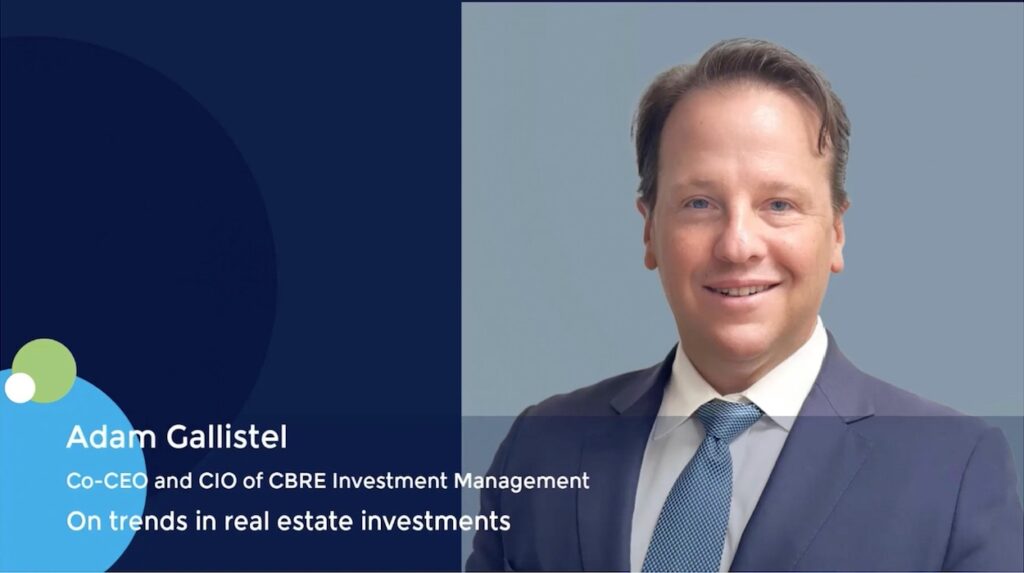Karl Roberts, Managing Director at Portage Point Partners on impact of tariffs on private equity portfolio companies
In a recent fireside chat hosted by Giovanni Amodeo, Karl Roberts, Managing Director at Portage Point Partners, shared his insights on the profound impact of tariffs on private equity portfolio companies. The discussion covered several critical topics, providing valuable perspectives for businesses navigating these challenging times.
Introduction and Background: Karl Roberts began by sharing his extensive experience in turnaround consulting and his role at Portage Point Partners. With over a year and a half at the firm, Roberts has been instrumental in advising clients on managing the complexities of tariffs.
Current Tariff Landscape: Roberts emphasized the unprecedented nature of the current tariff environment, describing it as the largest imposition of tariffs in over 50 years. He highlighted the uncertainty and dynamic changes businesses face, particularly in the last few weeks.
Impact on Existing Portfolio Companies: Roberts discussed the significant concerns of private equity firms regarding their existing portfolio companies. He noted the frequent inquiries he receives about navigating tariffs and the common themes of these concerns, including supply chain disruptions, retaliatory tariffs, and inflationary impacts.
Scenario Planning and Recommendations: Roberts explained the importance of scenario planning in this uncertain environment. While he admitted that predicting the future is challenging, he stressed the need for businesses to prepare for various outcomes and understand the potential impacts on their operations.
Industry-Specific Impacts: The conversation delved into the specific industries most affected by tariffs, such as steel, aluminum, automotive, and semiconductors. Roberts provided examples of how tariffs are reshaping these industries and the broader implications for businesses involved.
Private Equity Firms’ Strategies: Roberts highlighted the strategic considerations for private equity firms, including the potential for longer holding periods and the need for more thorough due diligence. He shared insights into how firms are adjusting their investment strategies in response to the tariff-induced uncertainty.
Opportunities Amidst Challenges: Despite the challenges, Roberts pointed out potential opportunities for portfolio companies. He cited examples of companies that might benefit from tariffs due to their unique supply chain configurations or competitive advantages.
Future Outlook and Advice: Roberts concluded with a forward-looking perspective, advising private equity firms to remain adaptable and proactive. He emphasized the importance of performance improvement and value creation in navigating the current landscape and preparing for future uncertainties.
Key timestamps:
00:07 Introduction to the Fireside Chats
00:41 Background of Karl Roberts
01:17 Current Tariff Landscape
02:01 Impact on Existing Portfolio Companies
02:58 Concerns of Private Equity Firms
04:20 Scenario Planning and Uncertainty
05:34 Examples of Tariff Impacts
07:04 Industry Focus Amid Tariffs
08:15 Geopolitical Implications of Tariffs
09:37 Investment Pauses and Delays
10:15 Opportunities Amidst Uncertainty
10:52 Differing Perspectives on Tariffs
12:32 Behavior of Private Equity Firms
14:05 Understanding Tariffs and Their Mechanics
15:01 Acquisition Strategies in a Tariff Environment
16:41 Risk Management and Investment Strategies
18:35 Consumer Spending Trends and Predictions
19:32 Impact of Tariffs on Consumer Behavior
20:20 Inflation and GDP Predictions
21:50 Final Thoughts on Economic Signals












